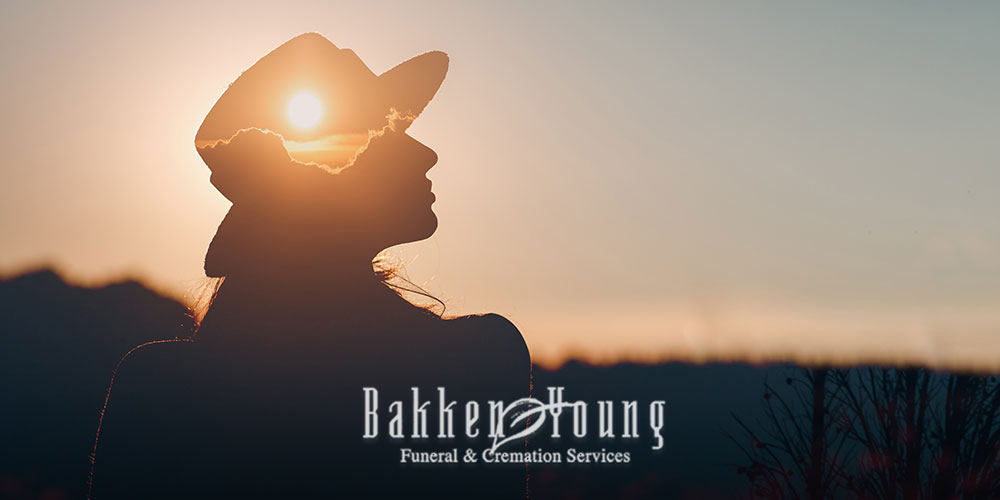Grief and mental health often go hand in hand. May is mental health awareness month. Grief can have a big impact on your mental health. Grief can be exhausting, emotional and can cause moments of anxiety and depression. Unprocessed grief and trauma can develop into mental health issues.
Being aware of your own mental health is a huge piece of staying healthy. In the middle of your grief it is easy to let things slide. Eating another cookie to soothe emotions or another glass of wine to relax. Staying up all hours of the night to overthink or binge watch movies to take your mind off your feelings. Letting some things slide when you are typically more disciplined can be easy when you are in deep grief.
May is Mental Health Awareness Month
During the month of May you can find even more resources that bring awareness to mental health. In the past mental health was often looked over or even brushed under the rug. If someone was struggling it was kept a secret or considered lack of discipline or even laziness.
The more awareness there is around mental health the less stigma there is for people to get help when they need it.
Excessive or unprocessed grief can easily manifest into mental health struggles or disorders. So it is important to be aware of when your sadness crosses from the normal grief process into something that may need more support.
Feelings of anxiety and depression are two common responses when grief gets overwhelming. Many of the symptoms of grief, depression and anxiety are similar or even overlap. These feelings are a warning sign to look deeper into why you are feeling the way you are and to find the support you need.
If you your grief and mental health is struggling you may feel the following:
5 common signs of depression
-persistent low mood
-Loss of interest in things you typically enjoy
-feelings of worthlessness
-lack of concentration
-thoughts of harming yourself
Signs of Anxiety
-restless or on edge
-easily fatigued
-difficulty concentrating
-headache, muscle ache, stomachache or other unexplained pain
-overthinking
-sleep issues; trouble falling asleep or staying asleep
Find Grief and Mental Health Support
When you are struggling with your grief and in turn your mental health one of the most important things is to find support. Who is your support system? Do you have someone you can share your feelings with? Someone who is an empathetic and non-judgmental listener? Friends and family are great to have as a part of a support system. It is also important to get professional help when needed.
There are some great counselors and therapists out there as well as grief support groups that will help you walk through your pain. If you are looking for additional support go here.


Add Comment